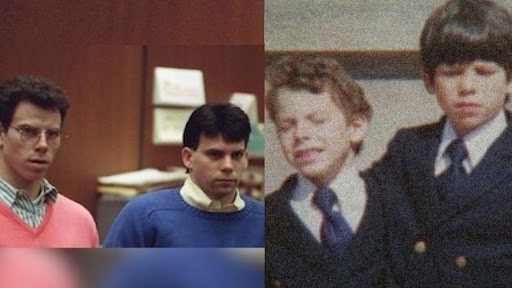Comedian Kunal Kamra has recently found himself in a contentious situation with law enforcement, as he requested a week’s time to join an ongoing investigation. The police, however, have denied his request, emphasizing the urgency of the matter at hand. This incident has drawn significant attention, particularly given the context of the investigation, which reportedly involves threats to Kamra’s life. The comedian’s request for a delay raises questions about the nature of the threats he faces and the complexities involved in ensuring his safety while complying with legal procedures.
Kunal Kamra, known for his sharp wit and often controversial commentary on current affairs, has had a tumultuous relationship with authorities and public figures alike. His outspoken nature has led to various confrontations, making him a polarizing figure in the realm of comedy and commentary. The refusal of the police to grant him additional time to join the probe suggests that they may be treating the situation with a high level of seriousness, potentially indicating an immediate threat that necessitates prompt action.
The refusal of the police to accommodate Kamra’s request highlights the challenges faced by individuals in the public eye, particularly those who engage in political satire. In recent years, there has been an increasing concern regarding the safety of artists and comedians, especially those who critique powerful figures or institutions. Kamra’s situation could be seen as a reflection of a broader climate of fear and the potential repercussions that come with speaking out in today’s socio-political landscape. As the investigation unfolds, many will be watching closely to see how it impacts not only Kamra’s career but also the larger discourse around freedom of expression and the safety of those who dare to challenge the status quo.
In essence, Kunal Kamra’s plea for a week’s time to engage with the police investigation has been met with refusal, underscoring the urgency of the threats he reportedly faces. This scenario encapsulates the ongoing tension between artistic expression and personal safety, raising pertinent questions about the implications of being an outspoken public figure in contemporary society. As Kamra navigates this challenging situation, the outcome may set important precedents for the treatment of artists and comedians in similar predicaments, potentially influencing public perception and the legal framework surrounding freedom of speech and personal security.




